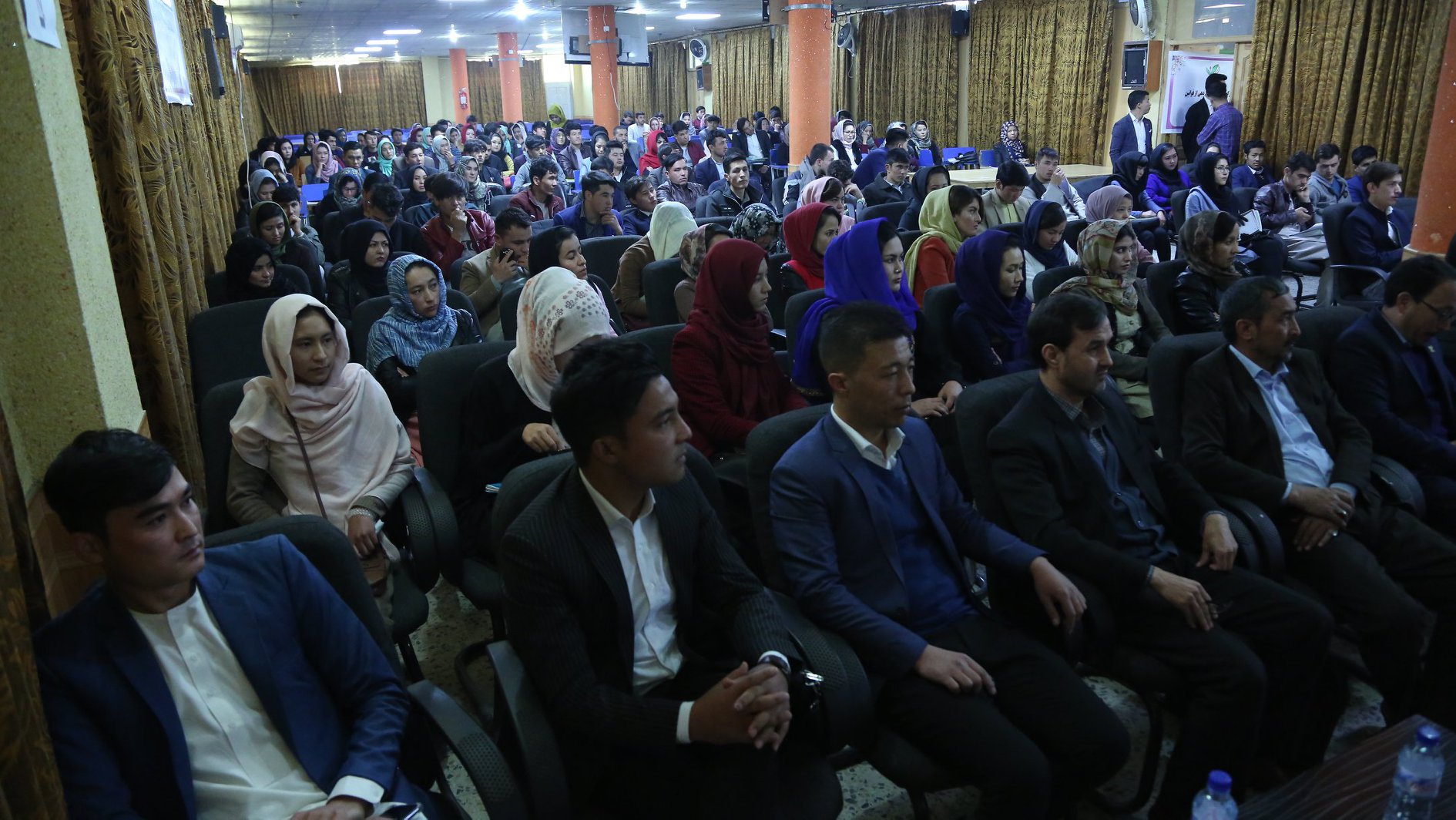This seminar was held on Monday, November 11, 2019, in the Barchi branch of Kateb University by the Legal Awareness Committee of the Law Department, and was very warmly welcomed by student from different universities. In this meeting, which was begun with the recitation of verses from the Holy Quran, Dr. Rezaei welcomed the participants and provided information about the seminar. He pointed out that there are many reasons which lead to end an engagement. One of the reasons is the tradition of the society. Families are still traditional and the young people seek to follow modern societies and these conflicts are one of the consequences of instability in families and engagement. Nowadays, more acquaintances are made outside the family, such as universities, schools, and the workplace, and sometimes girls and boys get engage secretly, but with the first problem they face, families break the relations. In another part of his speech, Dr. Rezaei mentioned that another reason is compulsory engagement. Unfortunately, in Afghanistan, there are a lot of such cases and this relations lead to many consequences, such as; self-immolation women, ill-gotten relationship etc. He reminded that in ending the engagement, can the gifts that both parties gave to each other during the engagement be demanded or not? Can the expenses for celebrating the engagement party be claimed? After the ending of engagement, if the photos, letters and messages are published in social media or shared with the fiancé, can the damages be compensable? He reminded that this seminar was held in order to answer such questions.
Then, Mohammad Reza Kargar, a student of the fifth semester from the Barchi branch, talked about the engagement guides and the expenses of the ceremony. While examining the Afghan Civil Code and the Shiite Personal Status Law, he evaluated the issue in details in the form of several cases. He examined the issue in three parts, first the gifts during the engagement, then the expenses incurred, the civil liability and the damage caused by breaking the engagement.
In the next part of the program, Professor Mohammad Reza Rezaei, one of the faculty members, compensated for the moral damages. While defining the moral damage, he reminded that in such cases, the greatest damage to the parties is the moral damage and justice requires that the moral damage be considered. He then referred to the civil law, which has generally accepted compensation for moral damages. He went on to point out that in Shari’a, the moral harm such as the harmless rule and the jurisprudence of intentions can be proved. Regarding the methods of compensation for moral damage, he noted that compensation for moral damage is financially at the disposal of the judge, which can be measured and calculated in different ways.
In the next part of the program, a poem was recited by one of the students, which warmly appreciated by the participants. Then, Ms. Pari Alizadah, another student of the Barchi Branch addressed the criminal issues of publishing photos, conversations and correspondence. Referring to the Penal Code, she reminded that in case of breaking the engagement, if the recorded photo or letter or conversation is published or given to others, it can be followed up and if it is proven, the person can be punished.

Ending the engagement and its consequences
Comment is not allowed